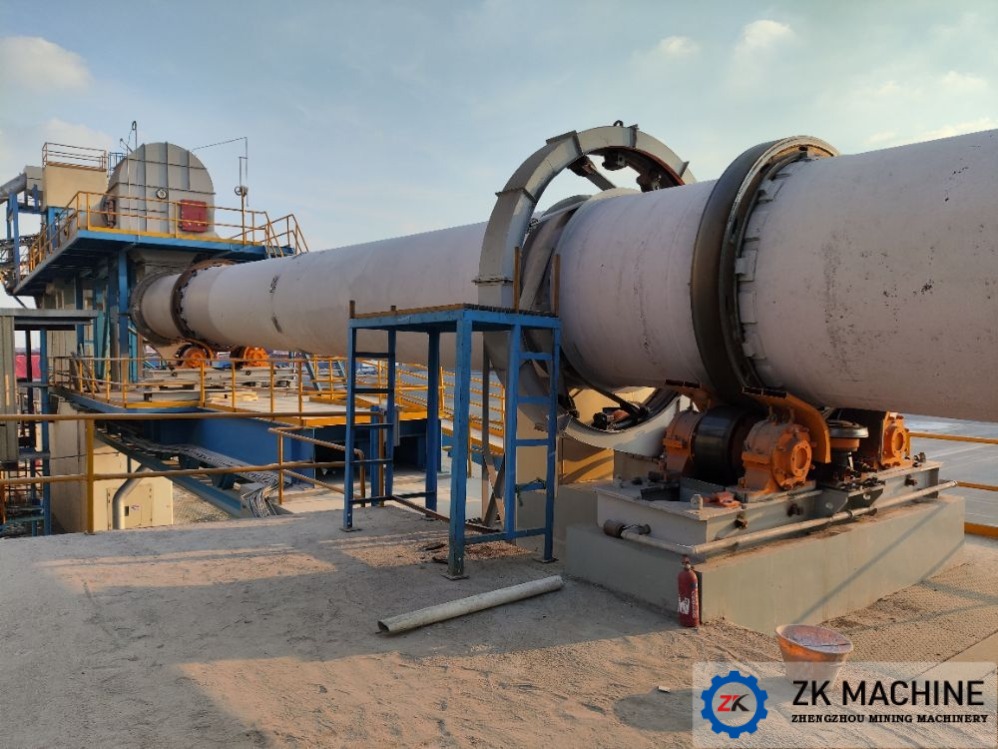Battery black powder generally refers to the black, powdery substance produced during the recycling of lithium batteries. Its main components include metals like lithium, nickel, cobalt, and manganese, as well as non-metallic elements such as carbon and graphite. The recovery and reuse of battery black powder are crucial for resource conservation and environmental protection.
Here is a common process flow for grinding battery black powder:
1. **Discharging:** Discharge the used lithium batteries to reduce safety risks in the subsequent processing steps.
2. **Preliminary Disassembly:** Disassemble the battery components, such as the casing and electrodes, manually or mechanically.
3. **Crushing:** Crush the disassembled battery components into smaller particles using crushers or pulverizers.
4. **Separation:** Use separation equipment like airflow separators or magnetic separators to sort the crushed material, isolating the black powder from other valuable materials, such as metals and plastics.
5. **Grinding:** Grind the separated black powder into finer particles using equipment like ball mills or Raymond mills.
6. **Screening:** Screen the ground black powder to remove impurities and large particles, ensuring the purity of the black powder.
7. **Collection and Packing:** Collect and package the screened black powder for subsequent storage and transportation.
Key considerations during the battery black powder grinding process include:
1. **Safety Protection:** Battery black powder may contain harmful substances. Appropriate safety measures, such as wearing protective gloves and masks, should be taken during processing.
2. **Equipment Selection:** Choose the appropriate grinding and separation equipment based on the properties and processing requirements of the black powder to ensure effective and efficient treatment.
3. **Environmental Protection:** Take measures to protect the environment during processing to prevent the leakage and discharge of black powder and other pollutants.
4. **Quality Control:** Conduct quality inspections of the ground black powder to ensure its purity and performance meet the required standards.
















